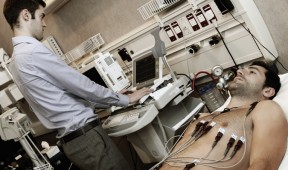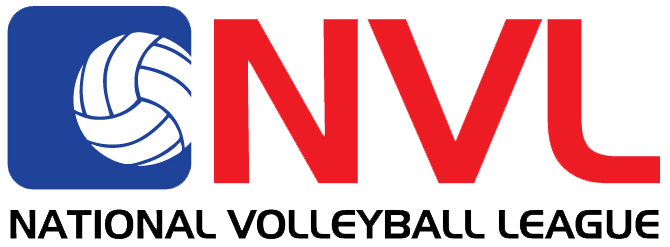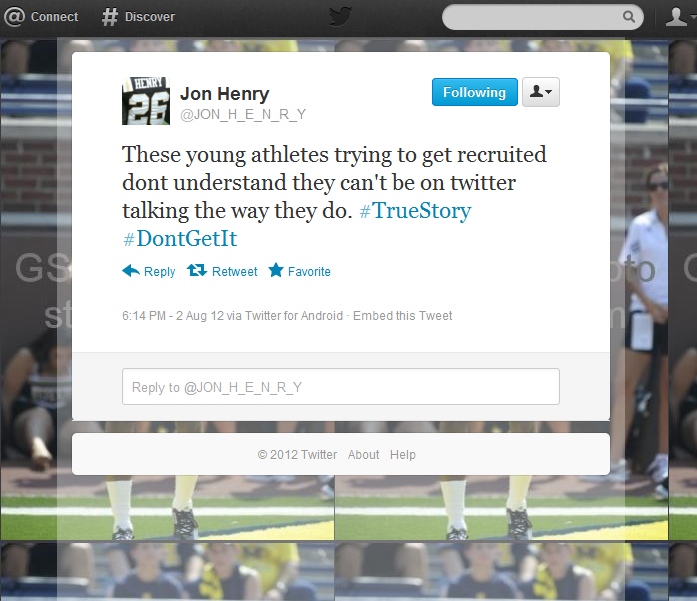 The issue of cardiac screening has received a great deal of attention over the past 25 years in young, competitive athletes. Many major medical scientific organizations have issued recommendations for pre-participation screening in young athletes, including the American Heart Association (1), American College of Cardiology (ACC), American Academy of Family Practice (AAFP), American Academy of Pediatrics (AAP) and many more.
The issue of cardiac screening has received a great deal of attention over the past 25 years in young, competitive athletes. Many major medical scientific organizations have issued recommendations for pre-participation screening in young athletes, including the American Heart Association (1), American College of Cardiology (ACC), American Academy of Family Practice (AAFP), American Academy of Pediatrics (AAP) and many more.
The goal of these screening programs is to reduce the number of fatalities from sudden cardiac problems that arise during sporting activities. However, by comparison, adult recreational athletes seem to have been overlooked in the cardiac screening process. It is a subject that has received very little attention or care.
An important new study was published in the British Journal of Sports Medicine evaluating the cardiovascular condition of middle-aged individuals engaged in high-intensity sport activities. It took into account stress, high workloads and economical factors, as well. The investigators enrolled 785 athletes, aged 35-65 years who engaged in high-intensity sports for at least a few hours a week. After extensive testing based on a variety of factors such as atherosclerotic heart disease based on gender, age, total cholesterol level, systolic blood pressure, and smoking status, the author came to four major conclusions:
- The screening program was effective in identifying a small, but significant, number of athletes with significant cardiovascular conditions that required treatment or monitoring.
- The screening program was effective in identifying a very small number of athletes in whom continued participation in sports activities was thought to be dangerous.
- Inclusion of the ECG in the initial screening evaluation was important.
- The screening program was practical and the costs were reasonable.
Adult, recreational athletes are not typically bound by the mandatory pre-participation cardiac screening programs that are used for young, competitive athletes. Therefore, it is up to the adult to make a judgement as to whether “getting checked out” is worth the overall expense. At any rate, this new information will be helpful as athletes have discussions with their physicians about whether or not to pursue cardiac screening.







